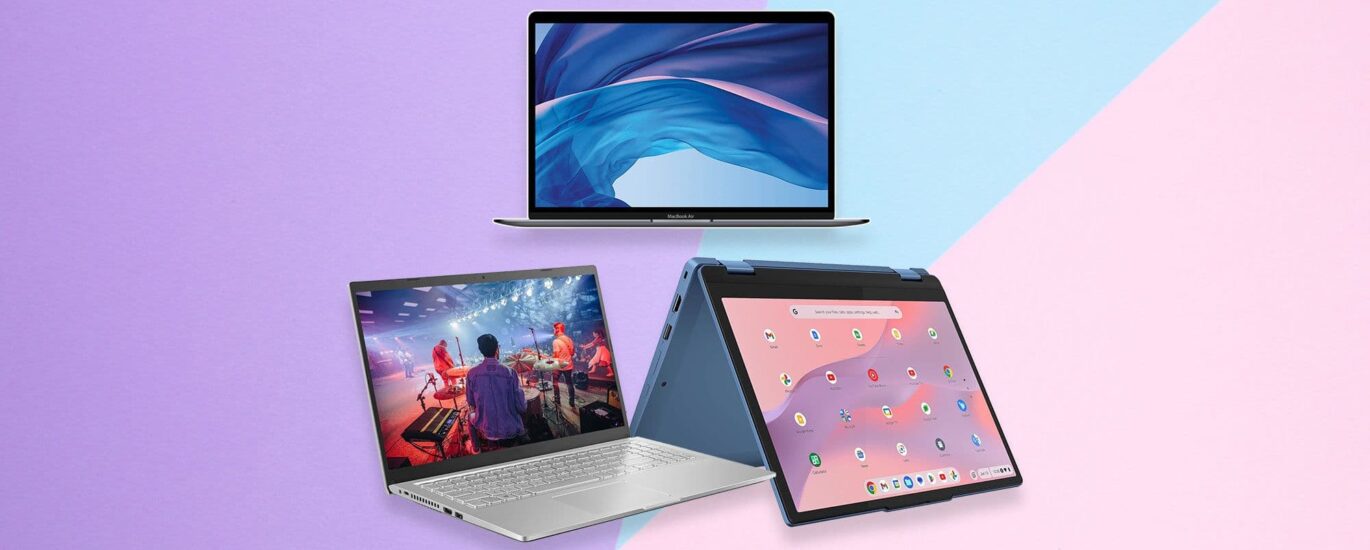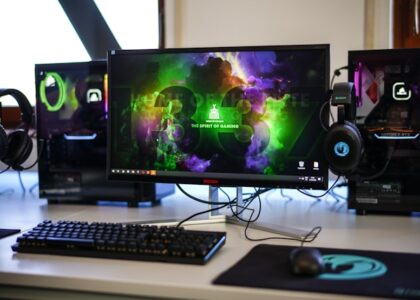In recent years, the computer hardware market has undergone a real transformation. On the one hand, high-performance laptops and PCs are becoming increasingly powerful, offering incredible opportunities for gaming, 3D graphics, and programming. On the other hand, prices for such devices continue to rise, making them less accessible to most users in Portugal. However, there is a solution: the market is increasingly offering budget alternatives that deliver decent performance for a much lower price. The key is knowing what to look for when choosing and where to find a smart compromise.
What’s Behind “High-End” Specifications?
To understand where savings are possible, it’s important to know what exactly users are paying for when buying a premium device. High-end laptops and PCs typically feature flagship processors (such as Intel Core i9 or AMD Ryzen 9), powerful NVIDIA RTX 4080 graphics cards, fast 1–2 TB NVMe SSDs, and 4K displays with high color accuracy. Branding also affects pricing: devices from Apple, ASUS ROG, Alienware, or MSI Prestige cost more not only due to their hardware but also their reputation and design.
However, not all users need even half of this power. A programmer working with text and a browser doesn’t need a top-tier GPU. A graphic designer needs a good display and enough RAM, but not necessarily the latest processor. A gamer may only require smooth performance in Full HD, not 4K at ultra settings. Understanding these distinctions is key to smart savings.
Which Components Can Be “Trimmed” Without Sacrifice?
The first thing to reconsider is the choice of processor. Instead of an Intel Core i7 or i9, you can confidently go for a recent Intel Core i5 or AMD Ryzen 5. In most day-to-day tasks—from programming to working with spreadsheets and light video editing—the performance difference is minimal, while the cost savings are significant.
Second, the graphics card. If you’re not planning on serious gaming or 3D rendering, models like the GTX 1650, RTX 3050, or even integrated graphics such as Radeon Graphics in AMD processors will do just fine. They handle most office and multimedia tasks, as well as basic photo and video editing.
Third, the display. Designers need high-quality panels with excellent color coverage, but for student or office laptops, a simpler IPS panel with Full HD resolution will suffice. There’s no need to pay extra for OLED or 4K.
Savings can also be found in SSD storage size. Instead of 1 TB, choose 512 GB and use an external drive when necessary. For RAM, 8 GB is enough for basic tasks, while 16 GB is ideal for multimedia and multitasking. If you’re on a tight budget, make sure the device allows for future upgrades.
Top Budget Brands and Models Available in Portugal
In the Portuguese market, brands like Acer, Lenovo, Huawei, Honor, and even local retail builds from Worten or PC Componentes have proven themselves. For example, the Lenovo IdeaPad 5 with a Ryzen 5 processor and 16 GB RAM offers an excellent balance of price and performance for developers and freelancers. Huawei MateBook D and Honor MagicBook often come with aluminum bodies, long battery life, and IPS displays, all for under 700 euros.
For desktop PCs, it makes sense to build a custom setup or opt for refurbished computers. This trend is growing rapidly in Portugal, and platforms like iStore.pt, Rebuy.pt, or sections of OLX and Amazon Renewed offer certified hardware at reduced prices with warranty.
How to Avoid Mistakes When Buying?
Before purchasing, be sure to read reviews of the specific model, watch video overviews, and compare prices across different stores. Don’t rely solely on brand names—lesser-known manufacturers often provide better value for money these days. If you’re unsure about specifications, consult with a sales rep or tech expert.
Also, consider the software. Some budget laptops are sold without pre-installed Windows, which lowers the price but means you’ll either need to purchase a license separately or install Linux (such as Ubuntu), which is a great option for programmers.
Is Saving Without Disappointment Possible?
Yes, especially in 2025. Today’s budget PCs and laptops are no longer just “internet machines.” They handle most work and study tasks with confidence, support video calls, graphics tools, code editors, browsers with dozens of tabs, light gaming, and much more. If you choose your device wisely, it will serve as a reliable tool for many daily needs.
The key is to understand your own priorities. If mobility is important, look for a compact laptop with strong battery life. If you need power, consider a desktop PC with upgrade potential. If you’re studying or working remotely but not doing heavy graphics work, there’s no need to pay for high-end specs you’ll never use.
Conclusion
So, in a time of rising electronics prices, choosing a budget-friendly alternative is not a compromise—it’s a smart strategy. Focus on what truly matters for your work or studies, and you’ll find a device that fits your needs in performance, style, and price. The Portuguese market offers plenty of options, so you don’t have to overpay for a brand to get a reliable, capable tool—whether it’s for coding, design, or everyday tasks.






